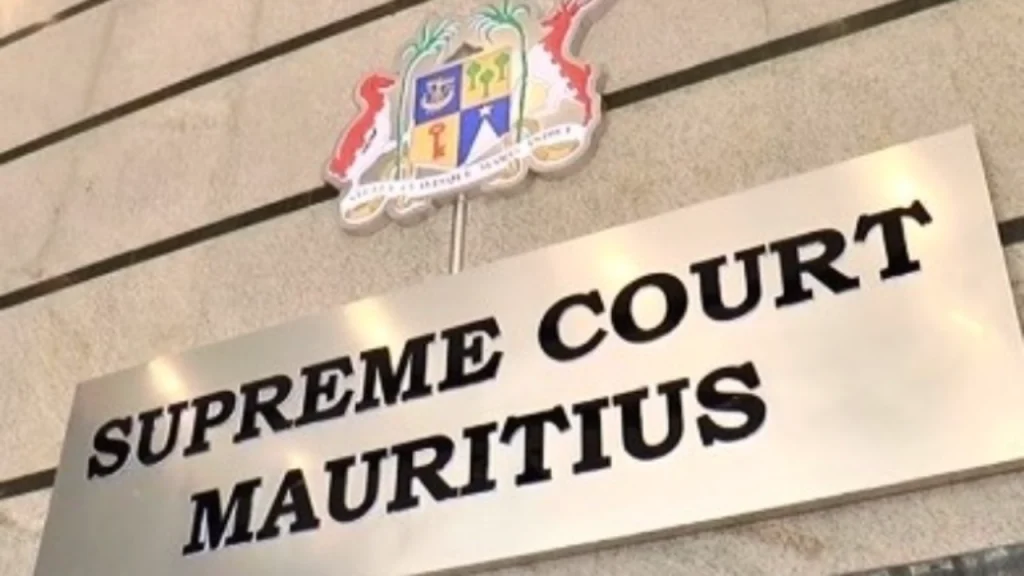- Mauritian courts have ruled in favour of individuals or organisations, even against government opposition.
- These rulings emphasise the judiciary’s crucial role in maintaining checks and balances, particularly against government actions that threaten the rule of law.
What happened: Court intervention in AFRINIC crisis underscores judicial independence
In the context of the AFRINIC crisis, Mauritius’ courts intervened to address governance failures that raised serious concerns over the management of Africa’s internet resources. A notable court ruling followed a contested election process, where AFRINIC annulled the results under questionable circumstances. The court upheld the need for a fair and transparent process, reinforcing the judiciary’s role in ensuring accountability, even when powerful institutions are involved.
These rulings exemplify the importance of judicial independence in checking government power and safeguarding democratic processes. They make clear that no institution or individual is above the law.
Also Read: AFRINIC feud triggers Mauritius constitutional crisis
Also Read: Democracy on trial: AFRINIC’s collapse sparks constitutional crisis in Mauritius
Why it’s important
Mauritius offers a crucial lesson in judicial independence and the separation of powers. In many democracies, governments may pressure or attempt to influence judicial decisions, undermining the rule of law. However, the Mauritian example demonstrates that a robust, independent judiciary can prevent overreach and ensure that democratic principles remain intact, even in complex situations like AFRINIC’s governance crisis.
This serves as a reminder to the world that judicial independence is key to maintaining the integrity of both national and regional governance systems, particularly in the face of external pressures and institutional challenges.

